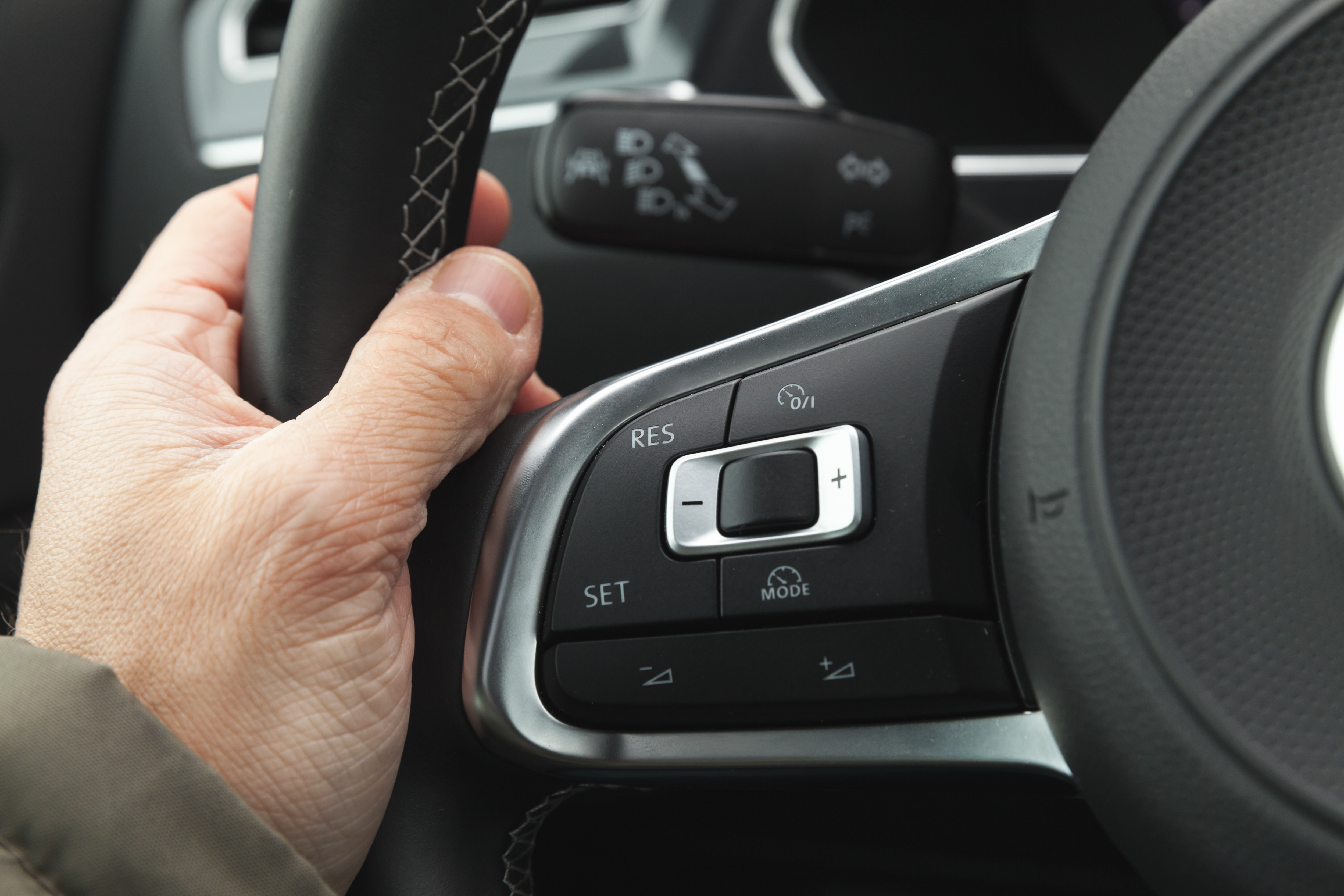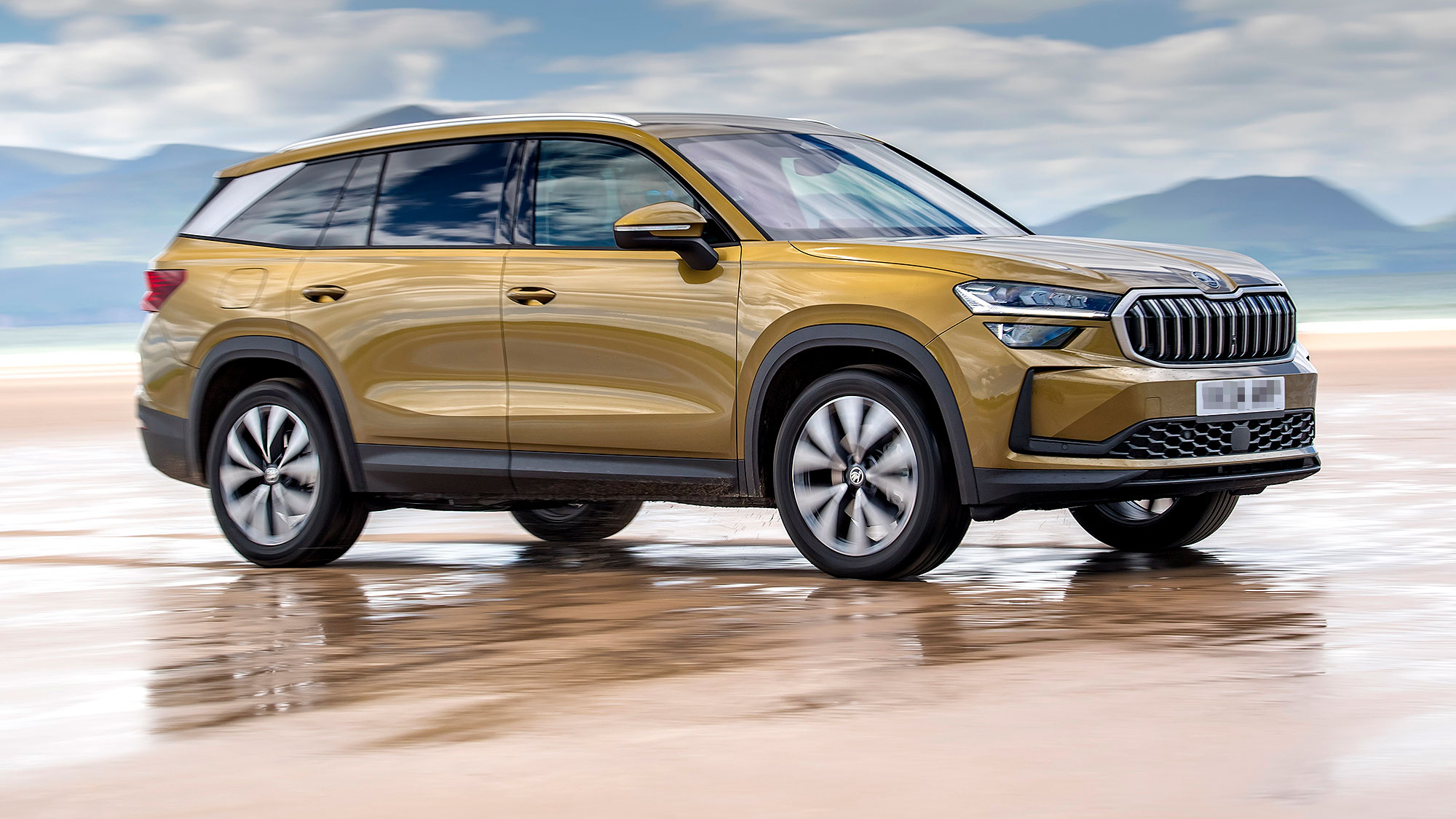There are now more electric vehicle (EV) choices than ever before. With the new car market changing in 2024, there will be newer brands and models around. As manufacturers aim to produce more EVs, we can expect to see fewer petrol and diesel cars available, and the prices of these models to increase. As with any new technology, many people want to understand more. In this article, motoring writer Mark Smyth, who specialises in cars and the automotive industry, will explain why EVs are safe to drive.
Electric vehicles are just as safe to drive as petrol or diesel cars, and in some ways, they’re even safer due to their newer technology and features. However, since EVs are still quite new compared to traditional cars, there are questions and myths to bust. Below, we’ve answered some of these safety-related questions:
- How safe are electric cars?
- Are EVs safer than petrol and diesel cars?
- How safe are the batteries in EVs?
- Do EVs make any sound?
- What safety features do EVs have?
- How safe is EV charging?
- What about fire safety concerns?
- Time to make the switch to EV?
How safe are electric cars?
To put it simply, electric cars are very safe. All cars must meet strict safety standards. Most EVs are tested by the automotive safety organisation Euro NCAP. These EVs get rated from one to five stars based on how safe their structure is and what help they give to drivers. Lots of electric cars, including the BYD Dolphin, Skoda Enyaq, and Volkswagen ID.4, have been awarded the highest rating of five stars. All three of these EVs are currently available on the Motability Scheme.
Are EVs safer than petrol and diesel cars?
EVs are just as safe as petrol and diesel cars and have some features that make them safer. They do not use fossil fuels whilst driving, which is safer for the environment as there are fewer toxic fumes released.
An EV’s engine also has less parts than a traditional petrol or diesel car. This means that they are less likely to break down or need maintenance repairs, making them safer and more reliable.
Find out more about why EVs need less maintenance than petrol or diesel cars.
Did you know?
If you breakdown in your Motability Scheme vehicle, your full lease package includes breakdown cover with RAC Motability Assist. The easiest way to report your breakdown is by the myRAC app.
How safe are the batteries in EVs?
The batteries in an EV are managed by a Battery Management System (BMS). It makes sure the batteries run at their peak level and stops them from overheating. The BMS will also switch the power off if there is a collision. The batteries in electric cars are put together in a pack and tested to make sure they’re safe if exposed to things like water and heat. Also, putting the batteries under the car helps it stay balanced and steady when driving by spreading the weight, which adds to the safety.
Do EVs make any sound?
EVs are much quieter than petrol or diesel cars. To make them safer for road users, they must make a sound at low speed. This is called the Acoustic Vehicle Alerting System (AVAS) and it could be anything from a simple hum to the sound of a sports car, or even a spaceship.
What safety features do EVs have?
EVs have all the safety equipment you will find in any other type of car. Some of these features help keep you safe if there’s a crash. These include how the car is built, airbags, and special areas that crumple to take the impact.
EVs have lots of extra safety features too. These features are designed and engineered to try to prevent a collision or loss of control. They include traction control, autonomous emergency braking, and anti-lock brakes (ABS).
Most also have Advanced Driver Assistance Systems (ADAS) which helps drivers by giving automated or semi-automated assistance. Some examples of ADAS are:
- Adaptive cruise control, which controls your speed and distance
- Lane-keeping assistance, which helps you stay in your lane so you do not accidentally cross over road markings
Most EVs have lots of sensors and cameras to help you avoid any bumps. Some EVs have fatigue detection to alert you if the car thinks you’re getting drowsy or not paying attention. Others have a range of collision avoidance systems that use cameras and sensors to brake or steer away from a possible collision.
How safe is EV charging?
The days have long passed where people would worry about plugging an EV into a charger during a typically British rainy day. Rain is not an issue when charging your EV. In many ways, charging is safer than filling a petrol or diesel car. You do not have to be wary of that long list of warning labels on a petrol pump and there is no risk of static electricity causing a fire. You simply have to plug in and start charging.
Did you know?
The Motability Scheme will support you with charging when you lease your first EV. They’ll arrange and cover the cost of a home chargepoint and a standard installation.
Some people are not able to get a home chargepoint, so they will give you access to the bp pulse network of public chargepoints instead.
Plus, all EV customers get their new way to help you charge on the go, Motability Go Charge. This gives you access to over 45,000 chargepoints, all with a single app and card.
What about fire safety concerns?
Fire has been a big discussion point recently, especially in both traditional and social media. Statistically, an EV fire is rarer than one in a traditionally fuelled car. It’s true that it can be more challenging to put out a fire in an electric vehicle, so emergency services have safety rules for dealing with this. The BMS helps keep electric cars safe by cutting the power and controlling the heat in the batteries to stop them from overheating.
Time to make the switch to EV?
There are lots of great reasons to switch to an EV right now. With the technology constantly improving and over a million EVs now on our roads, they are quickly becoming a popular choice of vehicle. If you are ready to go electric, then here’s how you can find the right electric car for you on the Motability Scheme.
Motoring writer Mark Smyth has been driving EVs for more than a decade. During this time, he has seen the safety features improve over time and always keeps up with the latest changes. He often speaks with the engineers who create the features and the organisations that test them. As someone passionate about vehicle safety, he has no doubt that today, an EV is just safe as any other car, if not, safer.
How can I find an electric car on the Motability Scheme?
You can choose to pick from fully electric cars by ticking the ‘Electric’ box under ‘Fuel Type’ in the Car Search tool.
You can tailor the choice of cars available on the Scheme to your specific needs. The ‘advanced search’ function lets you narrow down choices to your exact requirements, including Advance Payment, brand, individual model, body style, fuel type, fuel consumption, number of seats, and even whether it’s eligible for younger drivers.
- Learn about the types of vehicle available to lease on the Scheme
- Check if you’re eligible to join the Scheme
- Request a free information pack to learn more about the Scheme
Related articles
Why EVs need less maintenance than petrol or diesel cars
What is smart charging for electric vehicles (EVs)?
Electric Cars: Information and Driver’s Guide
![]()









